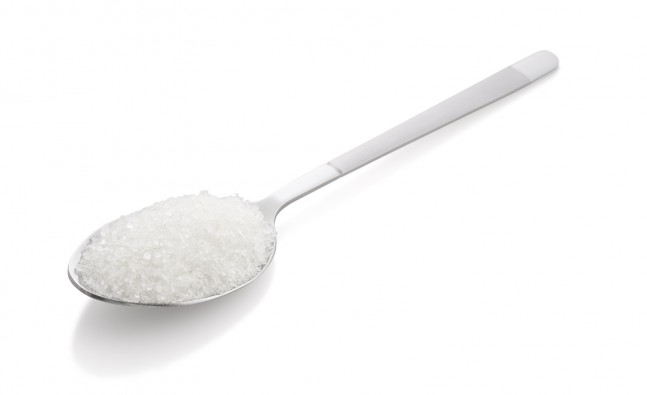The Worst Place to Look for Weight-Loss Advice
So you're embarking on a diet, and you're doing a quick Web search to see if anything new comes up that can help you shed the pounds. Do yourself a favor, and skip over the first page of results. A new study published in the American Journal of Public Health found that the first page often includes less reliable or downright bogus links, compared with the second and later pages. Even more troubling: The first few links on that initial page receive 90 percent of Web search clicks, according to researchers.
About 43 percent of Internet users go online to search for weight-loss info, according to the study, so the research team decided to examine just how credible information turned up by Web searching is. A study sample of about 20 people gave them a sense of what diet-related search terms to use (for example, "weight loss"). Next, they plugged the terms into Google and focused on the first page of results. Their conclusion: most of the sites were "suboptimal." More than half made unsubstantiated claims, particularly concerning nutritional info. And while medical or university-based sites were the least likely to report inaccurate info, these only made up 14 percent of the results, with most of the links being for paid ads, product Web sites, and blogs.
So when you're frantic to find out just how much sugar is in the snack you're considering buying—or you've heard about a flat-belly pill and want to find out the deets—who can you trust? Here's a quick guide. "Avoid any site that relies on personal testimonials or too-good-to-be-true advice—for example: 'Lose weight guaranteed,' or 'Miracle diet pills,'" says Maggie Moon, R.D., a Los Angeles-based nutritionist and owner of Everyday Healthy Eating. For the most part, go with dot-gov, dot-org, or dot-edu sites, which means it comes from a school, hospital, or government source, rather than dot-coms. (Though there are exceptions, like womenshealthmag.com, which consults reliable experts and resources while conducing its weight-loss reporting). Also, avoid any ad—you can tell it's an advertisement on Google when it has a yellow ad icon on the left side. The paid-for link may be reputable, but most likely, whoever made it is more concerned with peddling something than conveying accurate info, says Moon.
-
3 Ways Your Friends Can Help You Lose Weight
There are countless reasons to love your friends: They’ll counsel you
-
5 Best weight loss apps for your phone
-
10 Food swops for a skinny kitchen
-
Moderations better than elimination
-
Make weight loss a part of your daily routine
-
The Best (Tasty!) Burger Toppings for Weight Loss
Memorial Day is nearly here, which means lots of cookouts—complete wit
- DON'T MISS
- Muscular dystophy and weight
- How to Make Healthy and Scrumptious Homemade Pizza
- Cook with less fat
- The Easy Steps That Helped Me Lose More Than 175 Pounds
- 5 Power Foods That Can Help You Drop a Size
- Can you get fat from 1 day of binge-eating?
- Banish the sweet jar and lose weight
- Low-Cal or No-Cal Do not help you Lose Weight
- Identifying overeating triggers
- Beat weight gain by managing energy levels




